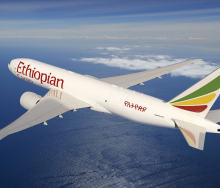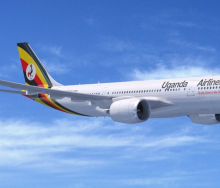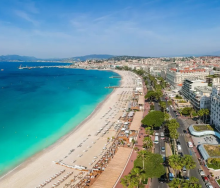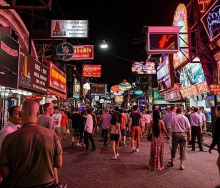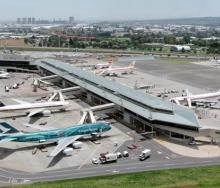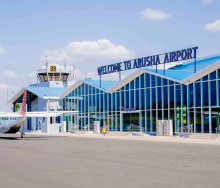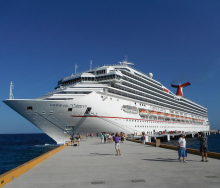THE rand traded recently at an
all-time low – R14 to the dollar
– making overseas holidays
considerably more expensive
for South Africans. Although
people are still travelling,
experts expect the weak rand
to have a significant impact on
travellers’ vacation choices.
A sustained period of
weakness for the rand can
be expected, says political
economy analyst, Daniel Silke.
He told TNW that,
although South Africa
was technically not in a
recession, GDP growth
would be at disappointingly
low levels, which would
see a contraction in the
economy. “The impact
of the rand will have
serious consequences for
outbound travel. Clearly,
the precipitous fall will
affect travel choices,
with more value-driven
destinations winning out
over others. Should the
rand not see any recovery,
this could lead to some
cancelling or postponing
their coming December
holiday visits as they wait
for an improvement in
the currency – and overall
market sentiment.”
If the rand continues to
weaken, agents can expect
an increase in package
prices but not a big spike,
says Mark Buck, md of
United Europe. “Going
forward, travel will be
about buying at the
right time for the right
periods. People may have
to alter their preferred
holiday times to make
use of the slower periods
internationally.”
There is also more
demand for fully inclusive
packages, with “no nasty
payments required in
forex on departure”, says
Flora Fubbs, The Holiday
Factory’s senior manager
of contracting, marketing
and operations.
Travellers have also
adopted a wait-and-see
approach when it comes
to booking future holidays,
says Inge Dobihal, md
of Austria Connection.
“New enquiries are still
coming in as usual and it
has to be seen if these
will materialise in actual
bookings.”
“We are starting to
note requests for shorter
stays and less expensive
accommodation,” says
John Ridler, spokesperson
for Thompsons Holidays.
Travellers are opting for
‘rand-friendly’ destinations
such as Mauritius,
Thailand, Zanzibar and, of
course, locally in South
Africa.
The Mauritian rupee was
recently devalued, which
softens the effect of the
poor rand, says Johann
Strydom, md of World
Leisure Holidays. WLH
is also able to negotiate
room rates in rands for
its hotels: La Pirogue,
Long Beach, Ambre and
Sugar Beach, which
means travellers to these
resorts are not affected by
currency fluctuations.
Terry Munro, md of
Beachcomber Tours, says
the weak rand may make
clients nervous to go
to Europe and the US,
which could direct traffic
to Mauritius. He warns,
however, that we haven’t
yet seen the full impact of
the latest weak rand trend.
“This will be felt in the
coming months’ bookings,”
he says.
The weakness of the
rand is certainly keeping
tour operators on their
toes, says Chris Van
Staden, manager of
Azure Travel. The rate of
exchange has an effect on
everything: from flights,
fuel charges and levies
to hotels, transfers and
clients’ spending money.
That is why tour operators
need to be proactive, he
says. “Long and loyal
relationships with suppliers
allow us to negotiate
prices more often with
win-win solutions for all
parties.”
Agents can also take
advantage of some
operators’ special offers
while they last, such as
Trafalgar’s Rand Price
Guarantee, which allows
travellers to book their
2016 holiday at 2015
brochure pricing.
Theresa Szejwallo, md
of Trafalgar, warns that
prices will increase in
October when Trafalgar
launches its 2016 season
brochure. “This brochure
will have been priced at
the new rate of exchange.
This is why we recommend
that agents book their
clients’ 2016 holidays
now.”

